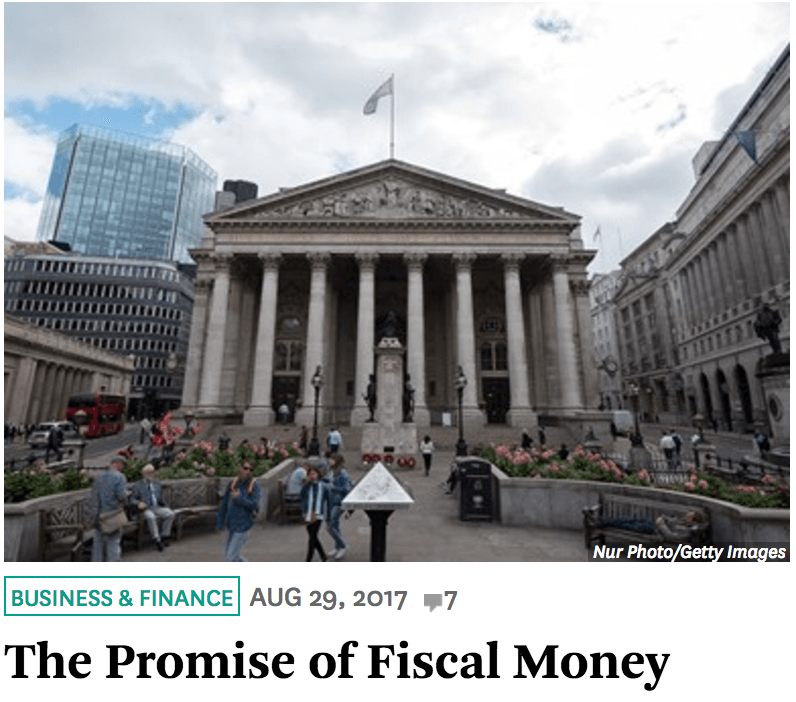ATHENS – Western capitalism has few sacred cows left. It is time to question one of them: the independence of central banks from elected governments. The rationale for entrusting monetary policy fully to central banks is well understood: politicians, overly tempted during the electoral cycle to create more money, pose a threat to economic stability. While progressives have always protested that central banks can never be truly independent, because their autonomy from elected officials increases their dependence on the financiers they are meant to keep in check, the argument in favor of removing monetary policy from democratic politics has prevailed since the 1970s. Setting aside the political controversy,
Topics:
Yanis Varoufakis considers the following as important: DiEM25, English, European New Deal, Op-ed, Politics and Economics, Project Syndicate
This could be interesting, too:
Robert Skidelsky writes The Roots of Europe’s Immigration Problem – Project Syndicate
Robert Skidelsky writes Britain’s Illusory Fiscal Black Hole
Robert Skidelsky writes The Enduring Appeal of Live Performance
Robert Skidelsky writes The Language of Political Control


ATHENS – Western capitalism has few sacred cows left. It is time to question one of them: the independence of central banks from elected governments.
The rationale for entrusting monetary policy fully to central banks is well understood: politicians, overly tempted during the electoral cycle to create more money, pose a threat to economic stability. While progressives have always protested that central banks can never be truly independent, because their autonomy from elected officials increases their dependence on the financiers they are meant to keep in check, the argument in favor of removing monetary policy from democratic politics has prevailed since the 1970s.
Setting aside the political controversy, central bank independence is predicated on an economic axiom: that money and debt (or credit) are strictly separable. Debt – for example, a government or corporate bond that is bought and sold for a price that is a function of inflation and default risk – can be traded domestically. Money, on the other hand, cannot default and is a means, rather than an object, of exchange (the currency market notwithstanding).
For the rest of the article click here
